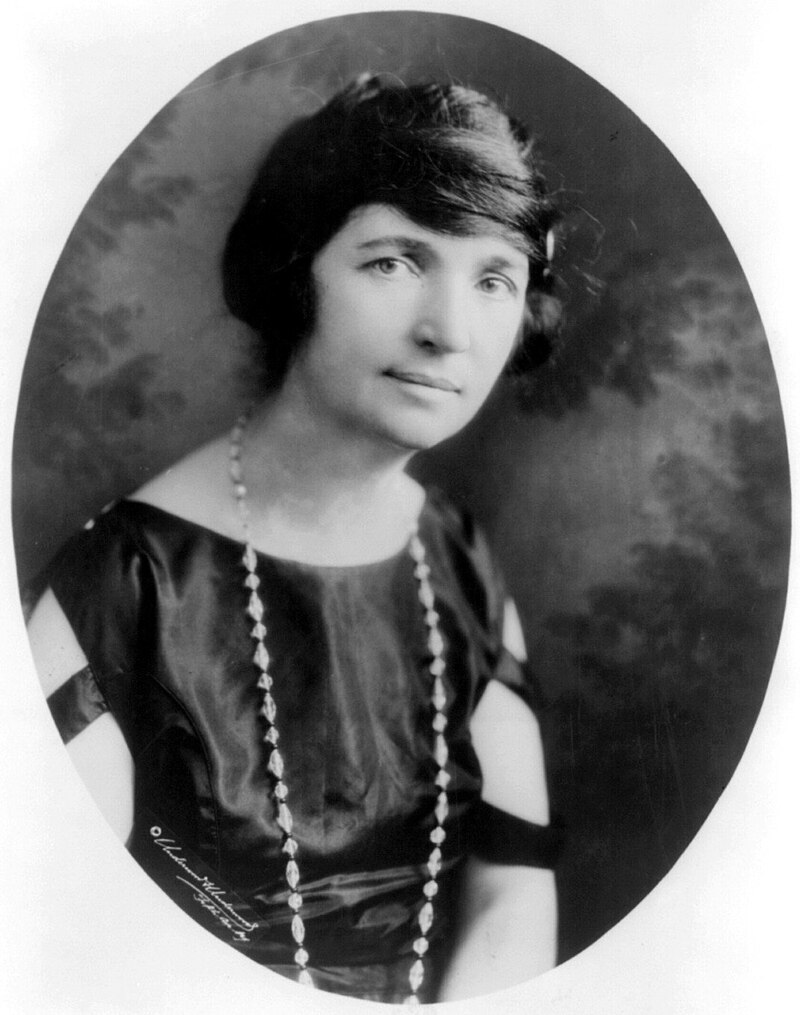The fight for women’s reproductive rights took a bold step forward on October 16, 1916, when Margaret Sanger opened the first birth control clinic in Brooklyn, New York. This groundbreaking clinic aimed to provide women with access to contraception, giving them more control over their bodies and family planning.
Fun Facts:
- Margaret Sanger, a nurse and women’s rights activist opened the first birth control clinic on October 16, 1916, in the Brownsville neighborhood of Brooklyn, New York.
- The clinic provided information on contraception and distributed diaphragms, offering women access to family planning options at a time when birth control was largely taboo and even illegal in many places.
- Despite the legal hurdles, Sanger’s clinic was quickly shut down by police just nine days after it opened, and she was arrested for violating the Comstock Act, which banned the dissemination of birth control information. This act of defiance against the unjust law is a testament to Sanger’s courage and determination in the fight for women’s reproductive rights.
- Despite the legal obstacles and the clinic’s brief existence, its closure marked the beginning of the birth control movement in the United States. This event sparked urgent debates and activism around women’s reproductive rights, highlighting the pressing need for change.
- The clinic later evolved into what would become Planned Parenthood, one of the leading organizations providing reproductive healthcare and family planning services around the world.
- Margaret Sanger is remembered as a pioneering figure in the fight for women’s health. Her efforts not only led to the eventual legalization of contraception in the United States but also laid the foundation for more reproductive freedoms globally, making her a significant figure in the global struggle for women’s rights.
- The legacy of the first birth control clinic has had a profound and lasting impact. It paved the way for modern reproductive health clinics and continues to inspire the ongoing struggle for access to contraception and women’s rights globally, underscoring the clinic’s significant contribution to the cause.

